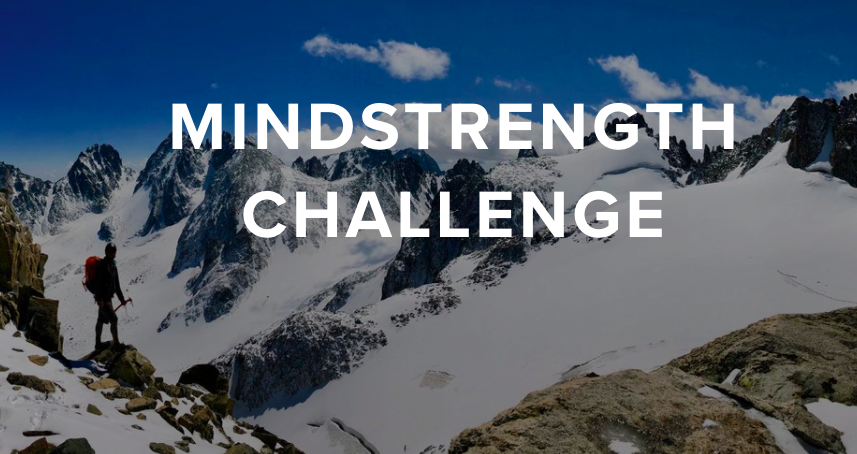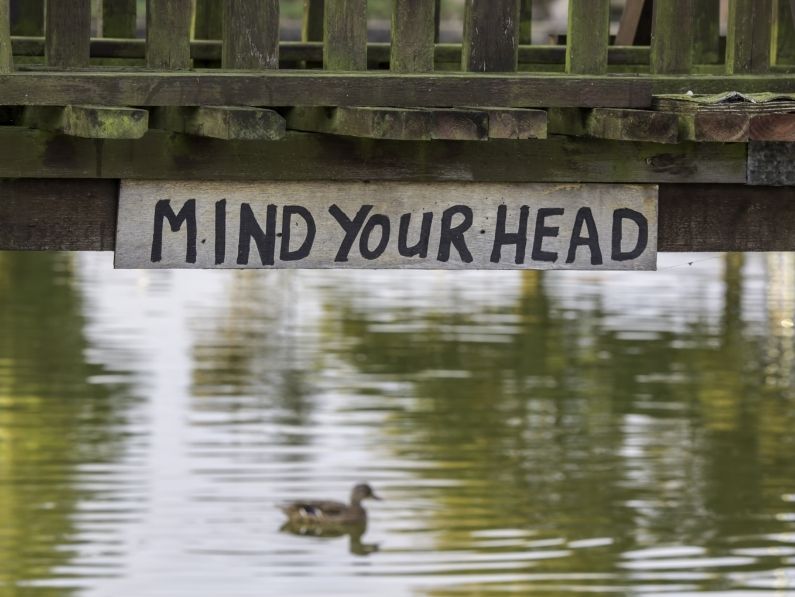Ryan Burke is a licensed professional counselor in Jackson. He’s also a world-class athlete, having once climbed the Grand Teton three times in one day. A few years ago, he made national news by creating a local mental health program combining substance abuse treatment and high-stress situations, called the Mindstrength Project.
Burke’s program usually puts patients through challenges like climbing a mountain blindfolded, or tying knots while holding their breath underwater. According to Burke, it’s the high stress that allows recovering addicts to remain in control while struggling in all facets of life. In 2020, Burke can’t set-up this programming in person, so the way he helps people looks a little bit different.
“So that’s the physical side, and then there’s the online component,” Burke said. “That is more psycho-education based and more like structure and accountability over a longer time period.”

If you were to visit mindstrengthproject.com, you would learn about Burke’s story, and see the magazine articles profiling it. You would also see an introduction to the Mindstrength Challenge, and a video quoting Burke.
“As a mental health therapist for the last decade, I’ve collected a number of self-reflection exercises, and have the tracking tools that I have seen actually work,” he said. “The Mindstrength 30 Challenge is just a compilation of those effective strategies, but you get to access it for free, on your own time, and in your own house.”

Participants in the Mindstrength Challenge complete daily tasks, like meditation, self-reflection, and goal-setting. (Screenshot)
Mindstrength can be for everyone, from recovering addicts, to someone struggling with depression, to someone just interested in the topic. But what does it do? Burke said it’s not a replacement for regular therapy. But it does eliminate stigmas surrounding mental health by getting into the neurobiology of why someone might go through cycles of depression or anxiety.
“Especially in Jackson, a lot of people are super wealthy and have access to great things, but they’re still feeling unsatisfied. So why is that? An evolutionary psychologist would say, well, because if you kill the mastodon, it was going to eventually go bad. So you always had to be moving on to the next thing,” he said. “So when I say that, I mean that from a brain perspective, if you go skiing all day, and it’s wonderful, your brain is naturally going to bring you back down to baseline through CRH—Cortisol-releasing Hormones—which bring you back down to baseline. So you want to go out hunting the next day or get your next dopamine fix.”
And in some cases, that dopamine fix could be an extra drink. Mindstrength is marketed to anyone who wants to improve themselves. It gives them the tools to understand how exactly the brain functions through an average commitment of just 15 minutes a day.
“And that’s kind of what I’m going for, is that your brain needs a tune-up,” Burke said. “Your brain, like everything, needs maintenance. Your hair needs maintenance, your car needs maintenance, your physical body needs maintenance, and your mental health needs maintenance. So that’s what I think my main goal was with the Mindstrength project. Just making that something part of your daily routine in the same way going for a walk is.”
Those that sign up online for the Mindstrength 30 Challenge can set up time to meditate, or write in a gratitude journal, among other things. And Burke said, those can be critical for anyone, but especially those in mountain towns, where mental health issues and suicide are more prevalent. During COVID-19, Burke said the use of his online program has gone up.
“So this year in particular, people have had to look in the mirror a lot more than they have in the past, whether that’s just staying at home or changing their habits, and all that is uncomfortable for people,” Burke said. “And that state of discomfort is going to bring up two different roads. It can bring some chaos, or it can bring up an opportunity. And I think the people that take it as an opportunity reach out to a therapist or start the Mindstrength project or kind of take the time to stop running and look at what’s going on in their lives…People always say to me at the end that it just gave them a new philosophy—a new filter through which to see the world—and that can make all the difference.”
What Burke hopes is that people may look at his program like they do an exercise class. The brain, like a bicep, needs to be worked out. And everyone, not just those struggling, could be better suited to look at mental health in this slightly different way.





